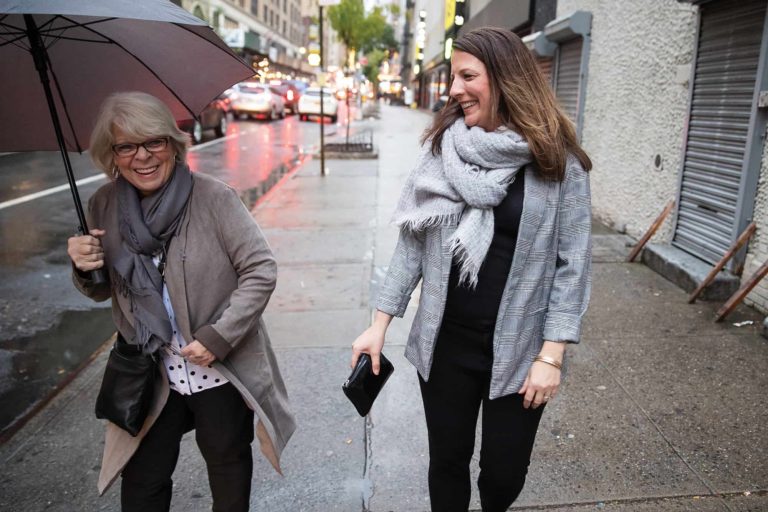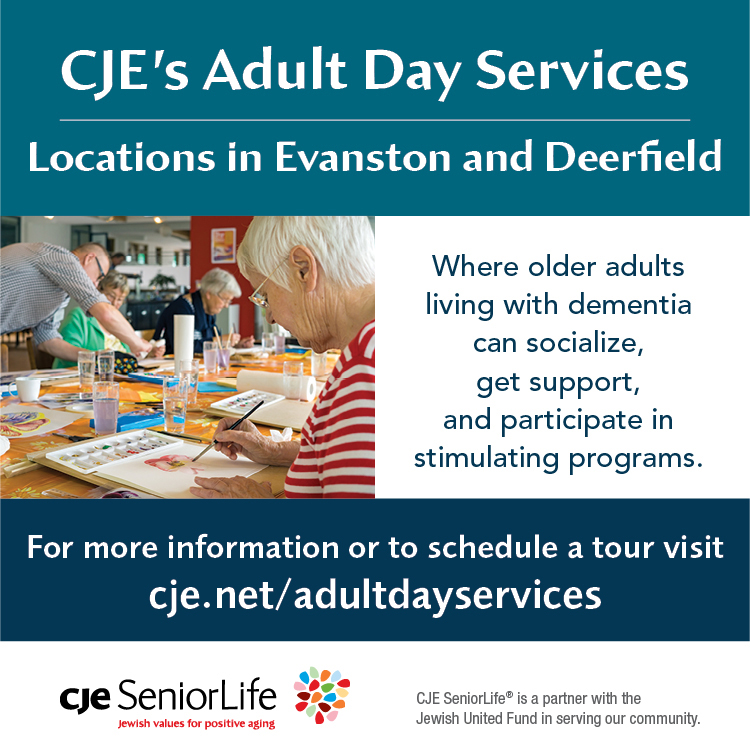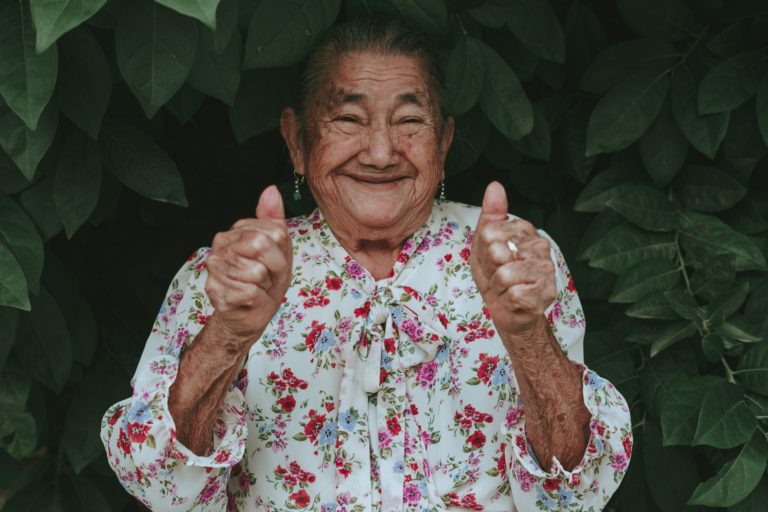5 self-care tips to help you thrive
When it comes to healthy aging, some simple daily habits can help us stay in good shape. No matter our age, eating a nutritious diet, staying physically active and getting enough sleep play an essential role in our health. And as we get older, these practices become increasingly important to help us maintain our independence and achieve longevity.
Some of the best care is self-care. That means adopting good lifestyle habits to boost physical and mental health — no doctor involved!
Here are some healthy self-care tips from local experts that you can easily incorporate into your daily routine.
1. Get up and move
Some 31 million adults age 50 and over are inactive, according to the Centers for Disease Control and Prevention. Being physically active can help older adults improve their mental health, cognitive function and emotional wellbeing, according to a 2018 study in BioMed Research International.
Stacie Levine, MD, chief of geriatrics and palliative medicine at UChicago Medicine, recommends 150 minutes of exercise per week. “It does not have to be strenuous activity,” she says. “We see benefits by simply getting out of the chair and walking at least five days a week until we hit that target of 150 minutes.”
“You have to keep moving so you don’t lock up your body,” Levine says. “It’s a vicious cycle. The longer you sit, the longer you stay sitting because you have painful joints, you’re stiff and don’t feel like getting up.”
Staying physically active and keeping your muscles strong is also key to preventing falls. “The prevalence of falls in older adults is huge,” Levine says. “It’s one of the biggest impacts on health that will affect your mobility, causing you to lose independence and become socially isolated.”
2. Eat for your age
As we age, what we eat matters — perhaps now, more than ever.
Katherine Lott, DO, a geriatrician with NorthShore University HealthSystem, recommends the Mediterranean diet to support memory function and longevity. “Having a variety of fruits, vegetables and healthy fats gives our bodies the energy to keep going,” she says.
While Lott advises her patients in their 60s and 70s to practice portion control, she wants her 80- and 90-year-old patients to eat more. “It helps to have a little extra reserve if they get sick and a little bit of cushion if they fall,” she says.
Water is important, in addition to food. Dehydration affects 20% to 30% of older adults and impacts their health and safety, according to a 2015 study in the Journal of Gerontological Nursing.
Levine says that older adults lose their ability to recognize thirst and have a higher chance of becoming dehydrated. She recommends that seniors fill a bottle of water and plan to finish the bottle before the end of the day. “If they can’t drink plain water, try flavoring the water and finding other ways to add liquid to their diets, such as with soup or popsicles.”
3. Stay engaged
The act of talking, listening and connecting with others can improve cognitive function and increase longevity. Social isolation is associated with increased memory decline, according to a study published in January 2020 in The Journals of Gerontology Series B: Psychological Sciences and Social Sciences.
In addition to keeping our minds stimulated, staying engaged with others is critical for warding off loneliness, isolation and depression, Levine says.
It’s important to engage with a group of like-minded people who enjoy doing the same things you do, like taking a cooking class, joining a gardening club or playing mah-jongg. Levine encourages her patients to enroll in an adult day program, such as those at senior centers. “You can spend nearly the entire day there and play bingo, exercise and eat a meal, surrounded by people in your own age group,” she says.
4. Get your Zzzzz’s
Sleep is essential for the brain’s ability to form lasting memories. It also fuels daily energy and functions. But many seniors don’t get enough sleep due to medication side effects, bathroom visits and sleep apnea, Levine says. More than half of older adults have insomnia and 20% have sleep apnea, according to a study published in 2017 in the Journal of General and Family Medicine.
Both Lott and Levine say that a good night’s sleep starts with good sleep hygiene. Try these tips:
- Avoid late afternoon naps.
- Keep nap time short — 20 to 30 minutes max.
- Avoid exercise before bedtime.
- Be cognitively and physically active during the day.
- Don’t watch TV in bed.
- Don’t linger in bed in the morning — get up and at ’em.
5. Mind your medications
Ask your primary care doctor for a medication review.
Several types of drugs can increase the risk of falling, says Levine, who asks her patients to bring her every single medication, vitamin and herb they take for a medication reconciliation.
The reconciliation is an in-depth review of all prescriptions and over-the-counter medications, along with the side effects, interactions and safety. Levine utilizes the American Geriatrics Society’s Beers Criteria, which list medications that can cause complications and are high risk to people over age 65.
Keep in mind that these are the self-care areas over which you have some control. Genetics, luck and environmental circumstances all play a role in how you age, too.
If you focus on your diet, physical exercise and making new friends, you’ll be well on your way to being happy and healthy.









